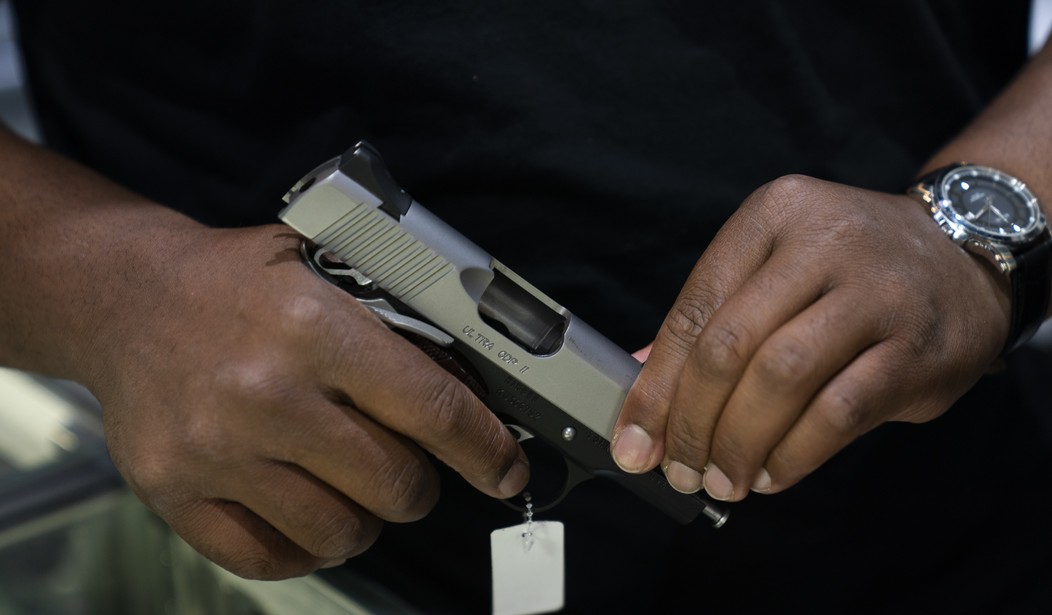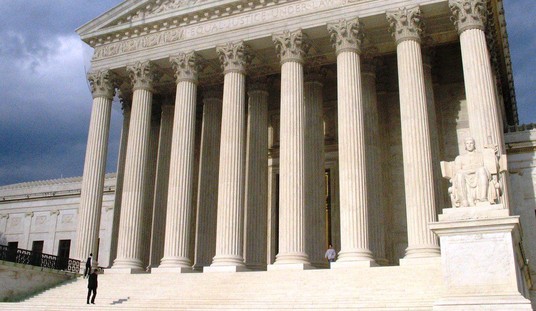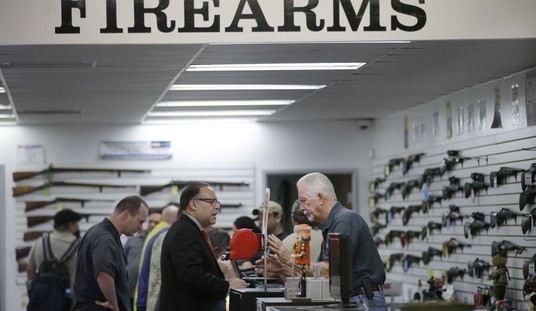Short answer? Almost certainly not, based on what the Supreme Court said last week in New York State Rifle & Pistol Association vs. Bruen, but as we’ve already seen in states like New York, New Jersey, and California, anti-gun activists aren’t letting a little thing like a Supreme Court decision get in the way of their desire to disarm average, everyday Americans.
So what is Ian Ayres’ big idea? Basically, he wants to flip the current law in the vast majority of states to make concealed carry banned on private property unless the owners of that property decide to allow it.
You might be surprised to learn that when you ask someone to come and repair your dishwasher, they can legally carry a concealed weapon into your kitchen unless you expressly object. In all but three states and D.C., any visitor can, by default, carry a firearm into your home without your explicit permission. The repairman has a Second Amendment right to bear arms, but you have a right to control whether people carry guns onto your land.
A central attribute of property ownership is the right to exclude unwanted people from your land. Forty-seven states fail to adequately protect this right of landowners to control their property because they provide the wrong default rule regarding the right of invitees to bear arms. Property owners cannot make an informed choice if they don’t know they have to object (more than two-thirds of people are unaware of these default rules). And it is hard for a property owner to know that she needs to object when the objectionable firearm is concealed.
The same problem exists regarding private commercial land. All 50 states permit individuals to carry their firearms into private retail establishments by default. Private businesses must post “No Guns” signs to make their stores gun-free, and these signs must often meet strict requirements. Many retailers fear customer backlash if they post signs either restricting or permitting gun carry in their stores. So, they are inclined to stick with a state’s default rule regardless of their preferences.
If this idea sounds familiar it’s because New York Gov. Kathy Hochul has decided to implement this idea, at least when it comes to businesses, as part of plan to defy the Supreme Court and make it as difficult as possible for New Yorkers to exercise their right to armed self-defense in public.
There are two big problems with Ayers idea; one constitutional and one practical. As Ayers himself notes, every state in the union says that if you want to ban guns from commercial properties you can do so, but you must provide notice to the public in some form or fashion. 47 out of 50 states take the same view when it comes to non-commercial private property. These laws are widespread and longstanding, and there is nothing in the history or tradition of the right to keep and bear arms that supports what Ayers (and Hochul) are demanding. Given the negative implications that these policies would have on the right of the people to bear arms for self-defense in public and the fact that they have no similar analogues in American history, I don’t think there’s any way that they would be upheld by the Supreme Court.
From a practical perspective the idea is just as flawed. Ayers acknowledges that “it is hard for a property owner to know that she needs to object when the objectionable firearm is concealed,” and that wouldn’t change if all privately-owned spaces become gun-free zones by default. It would be just as difficult to determine if someone was carrying in violation of the law, but we’d also likely see far more individuals inadvertently doing so because of the reversal of the longstanding status quo. Ayers idea wouldn’t stop a single violent criminal, but would turn a lot of otherwise law-abiding citizens into accidental outlaws because they would no longer be able to legally carry in most of the places where they’ve been able to exercise their right to bear arms in the past.
Part of Ayers’ problem is that he, like many other gun control fans, still just doesn’t want to accept that the right to keep and bear arms is a real right. In his piece at The Hill, the Yale professor claims that the Second Amendment is about “individuals’ ability to defend their homes by arming themselves.” That is simply not true. The right to keep and bear arms is fundamentally about protecting yourself, not your property, and as the Supreme Court made clear last week, the right of self-defense doesn’t stop once you set foot outside your front door. If private property owners want to ban lawful carrying on their premises they can do so, but in a country with a right to keep and bear arms, the default position has historically respected that right and must continue to do so in the future.








Join the conversation as a VIP Member